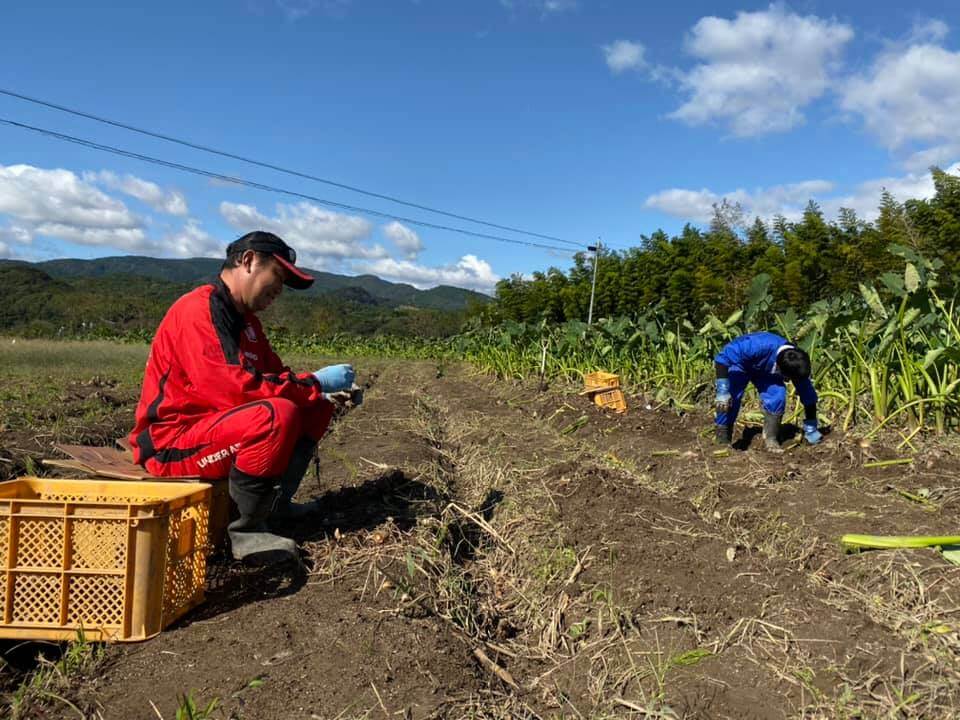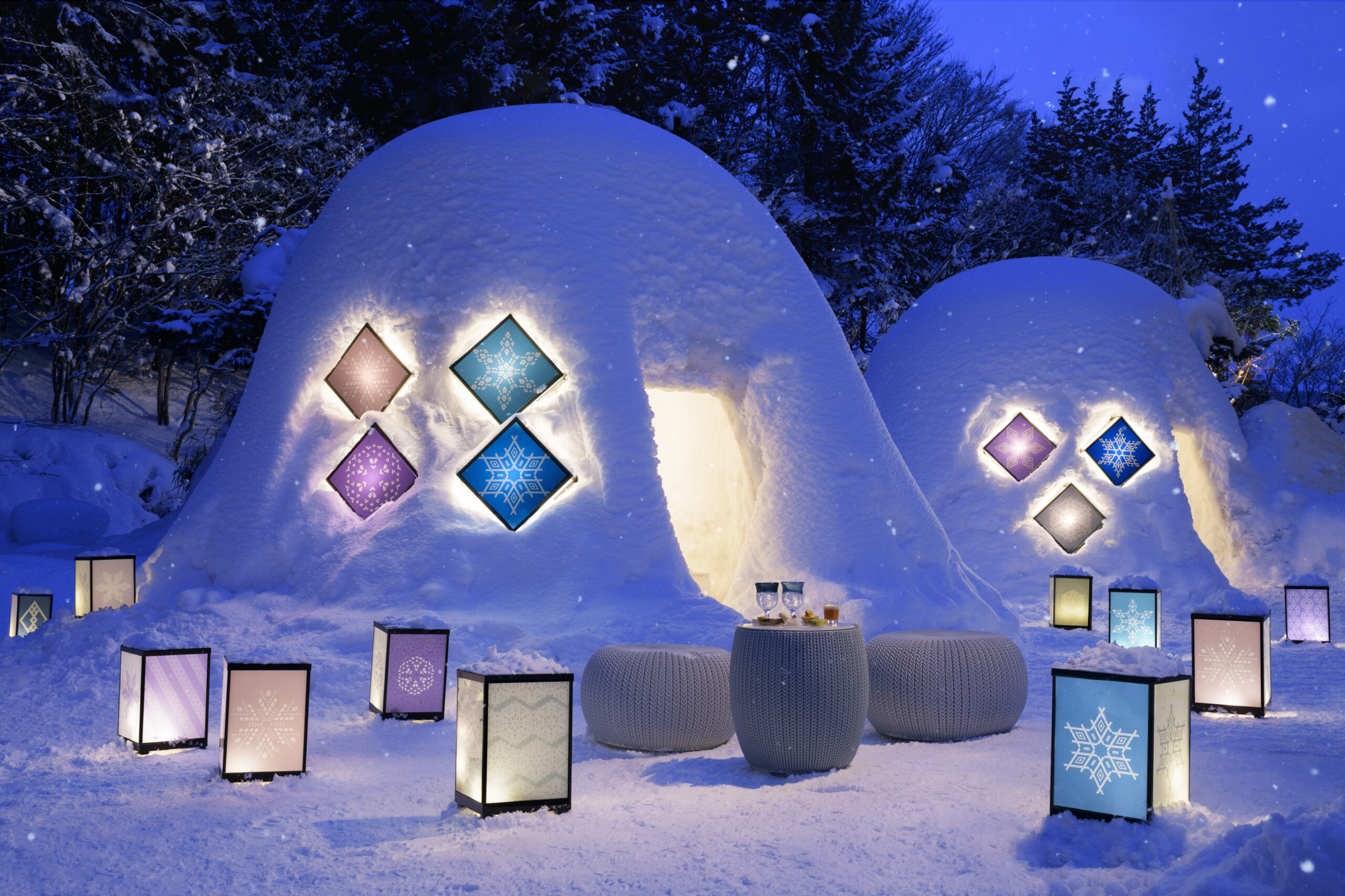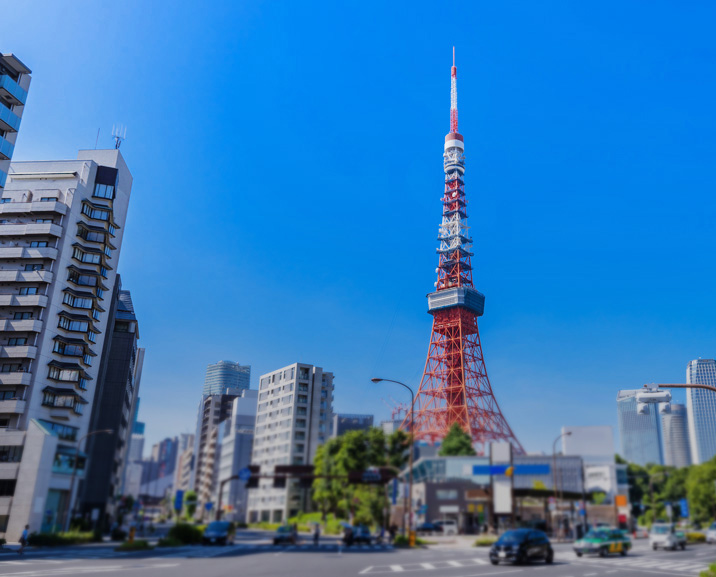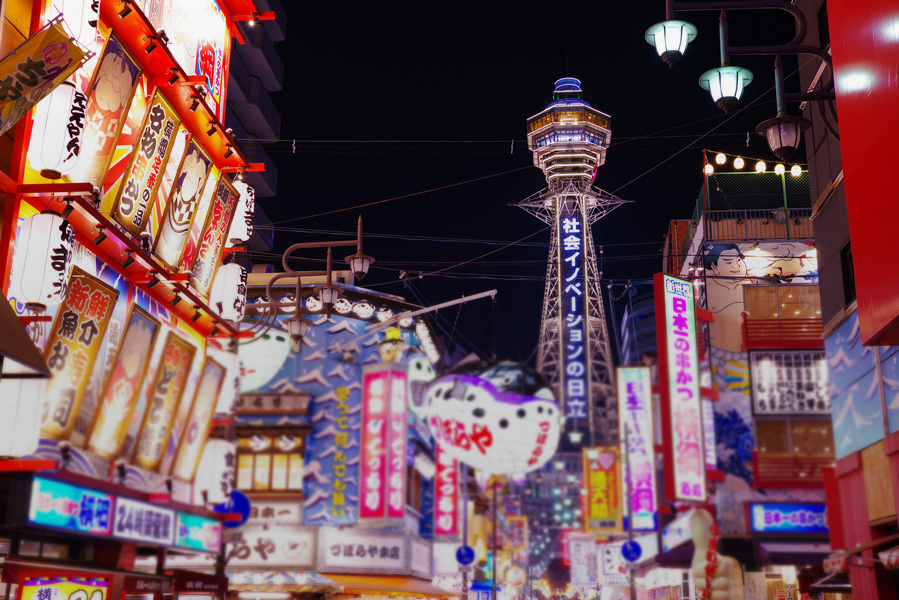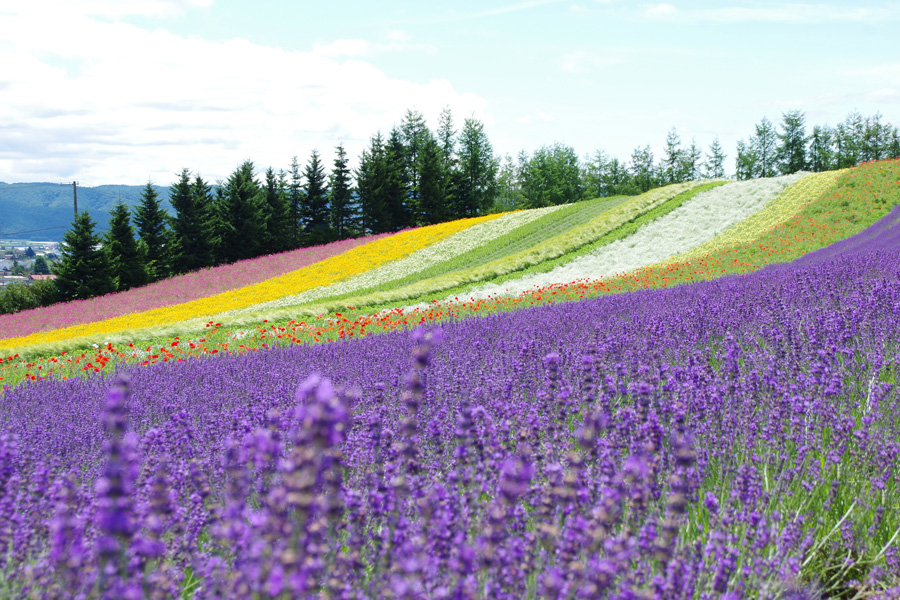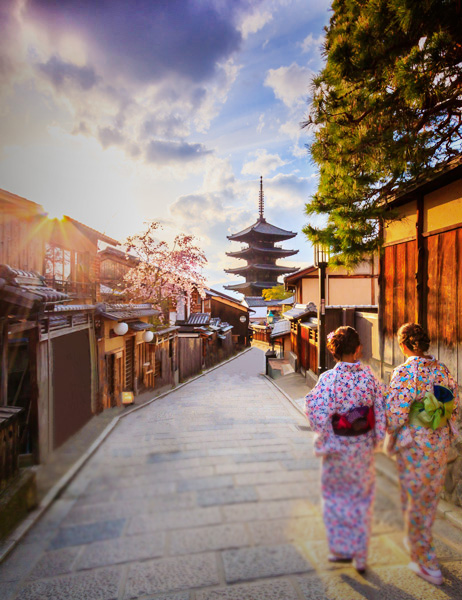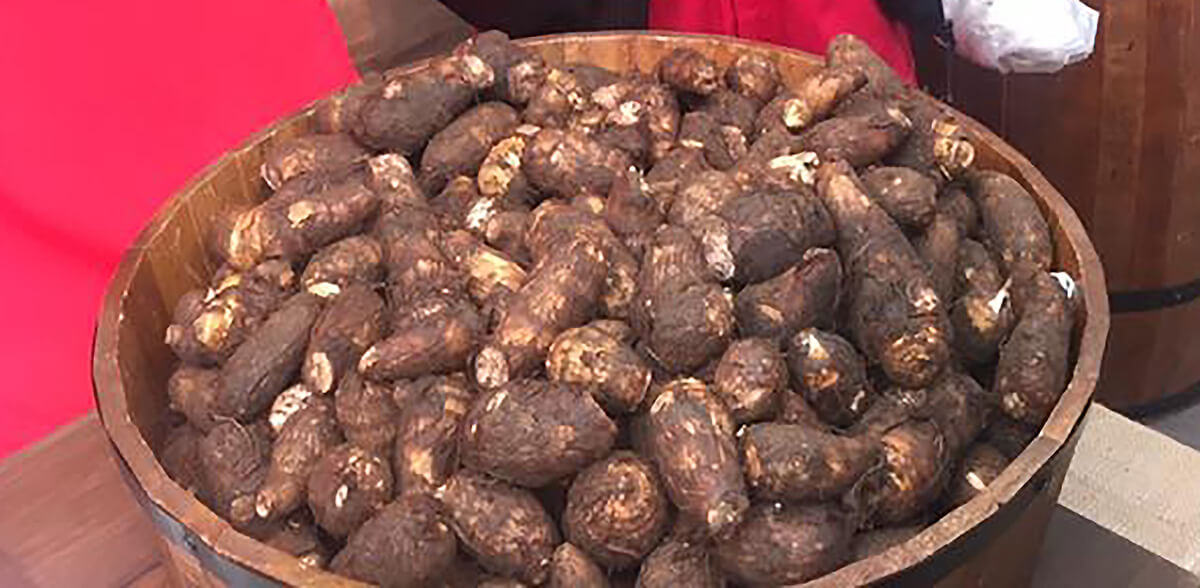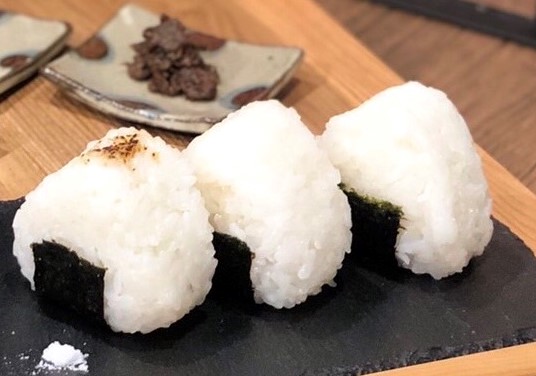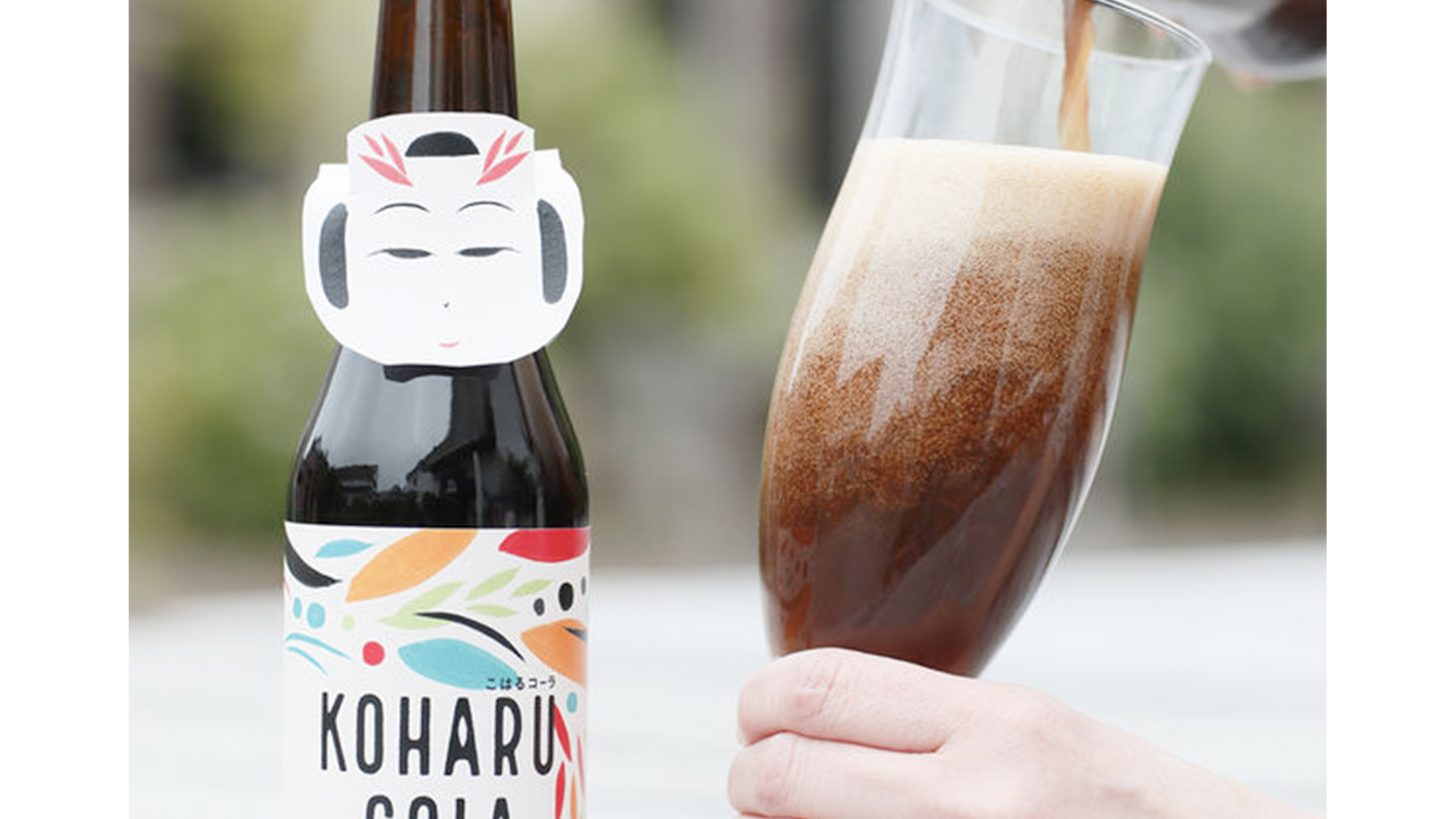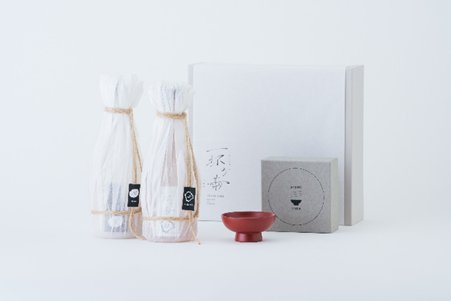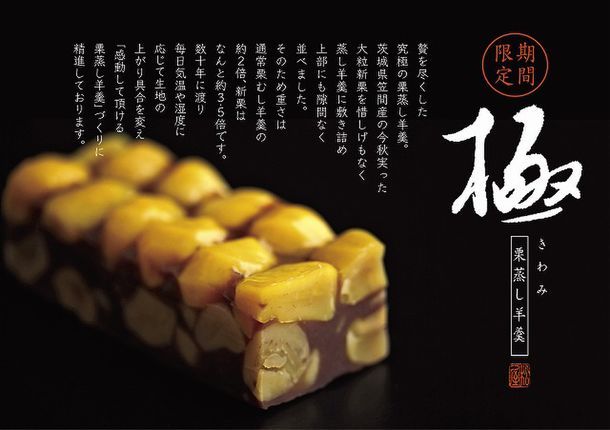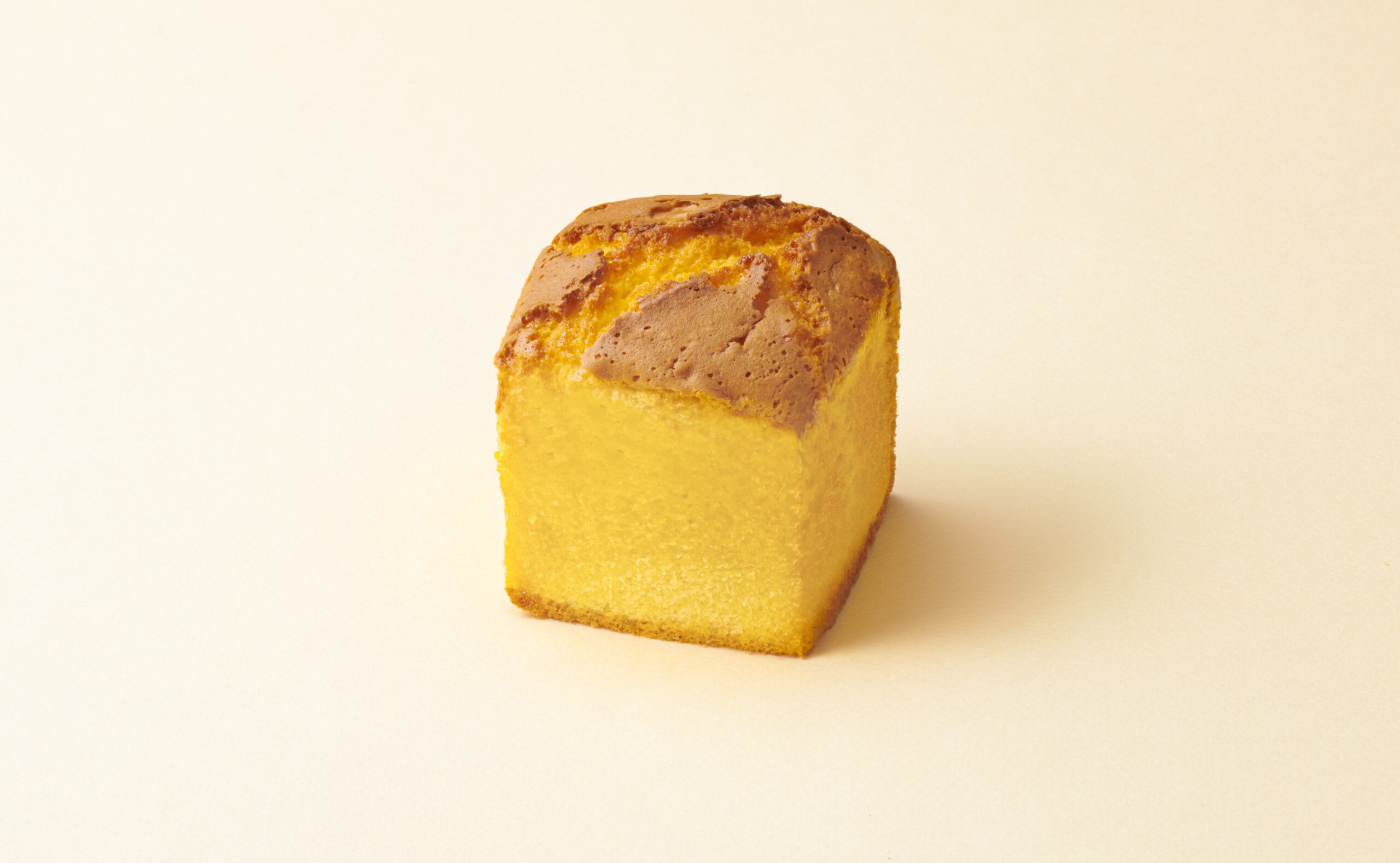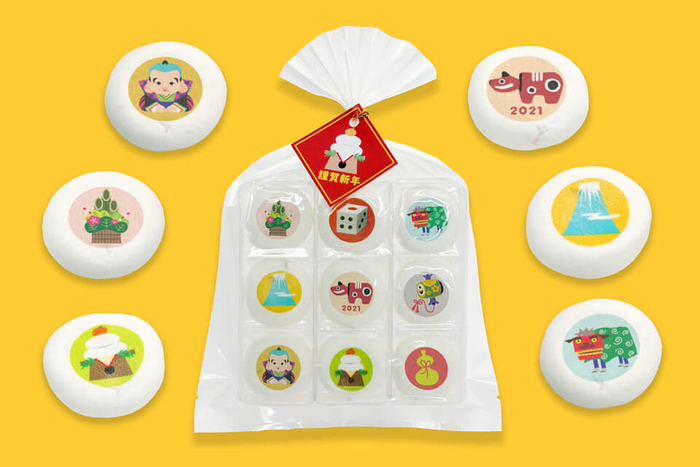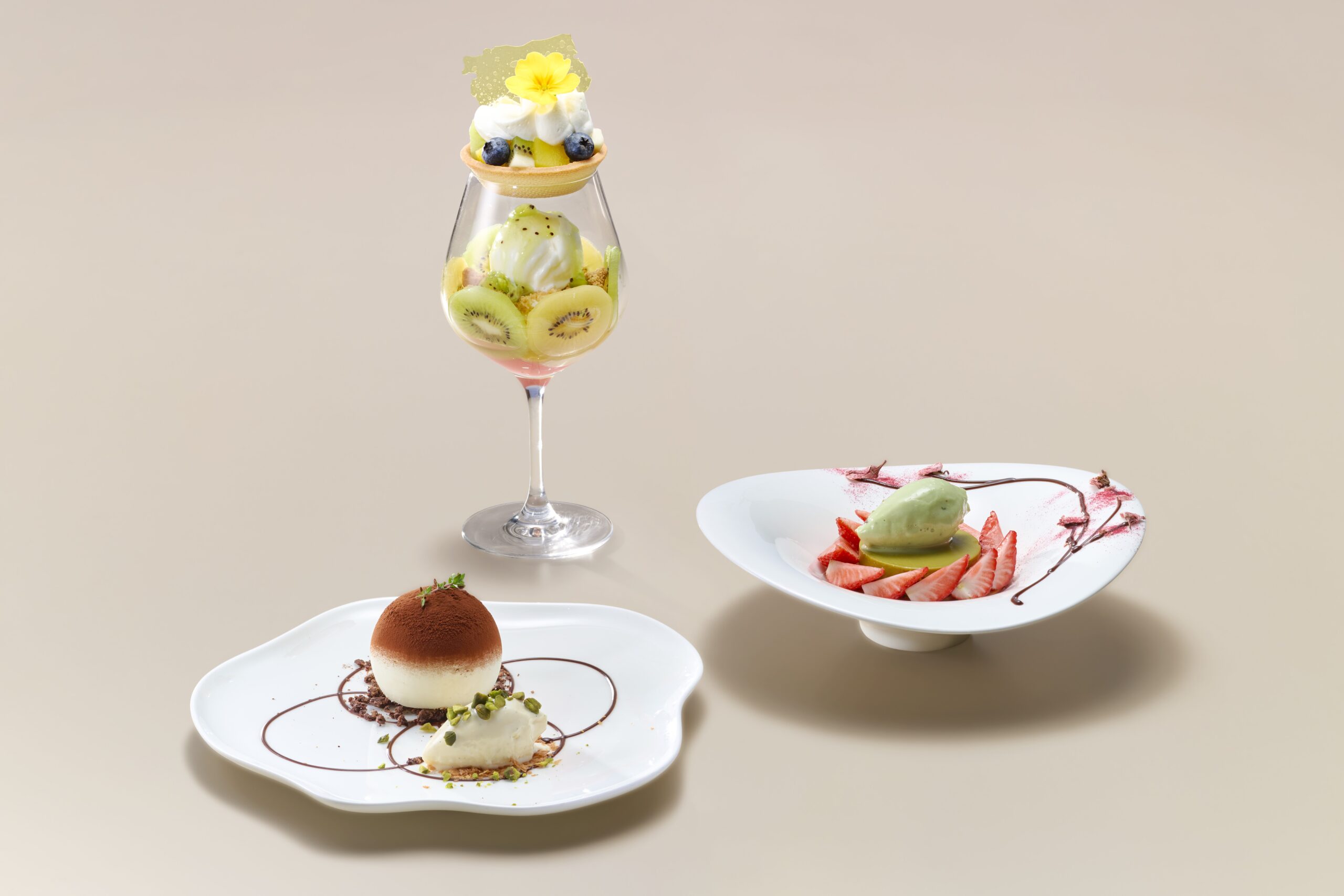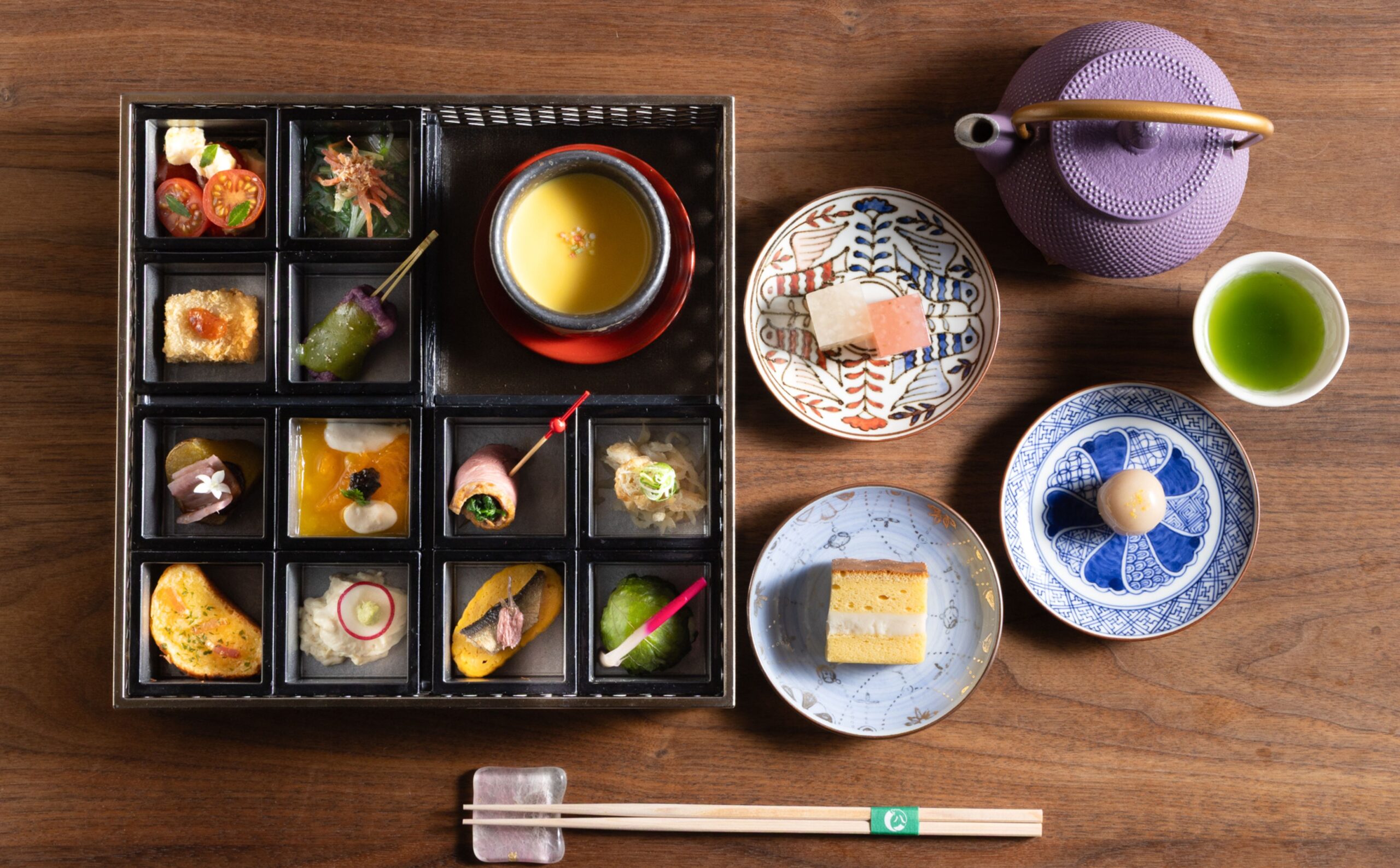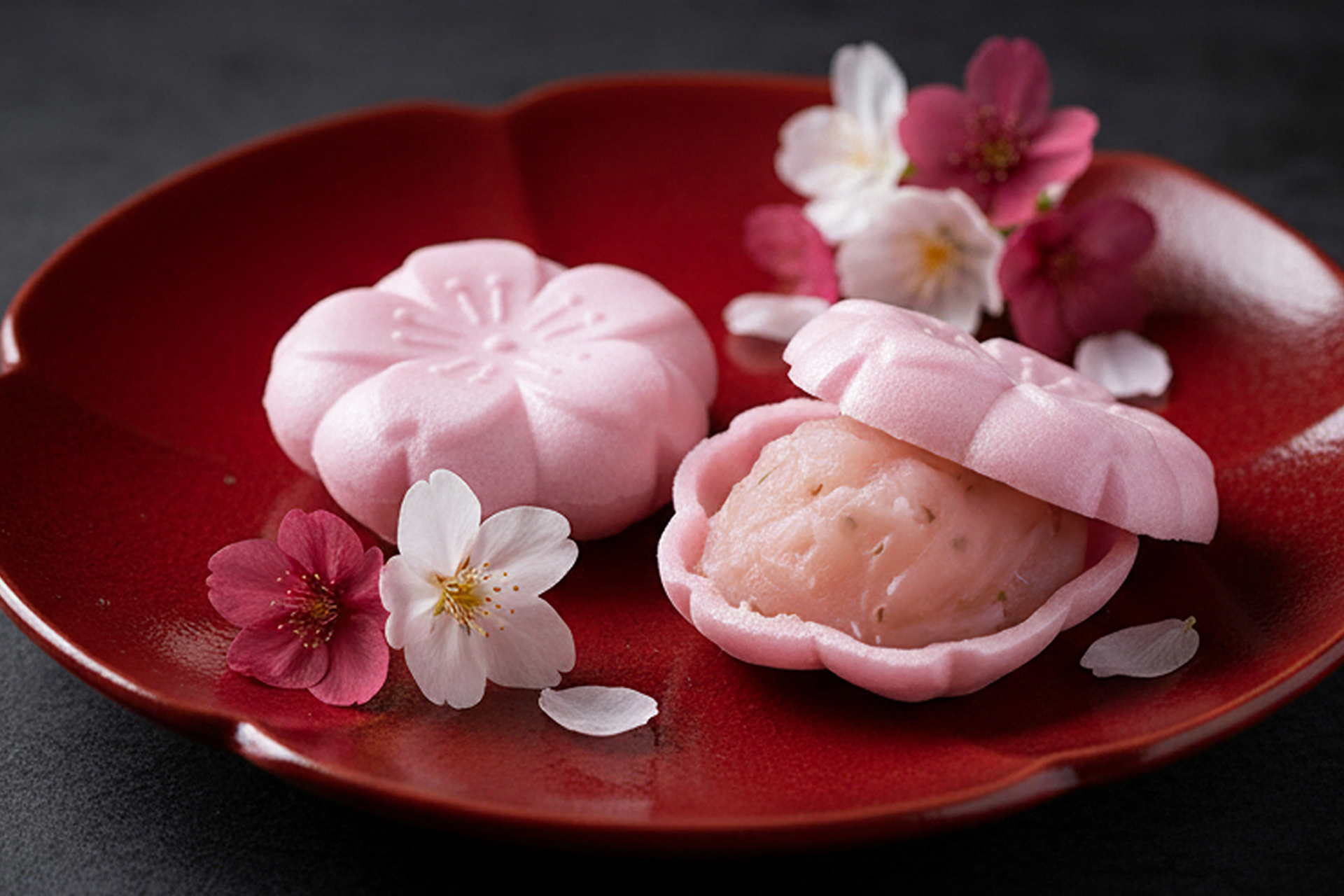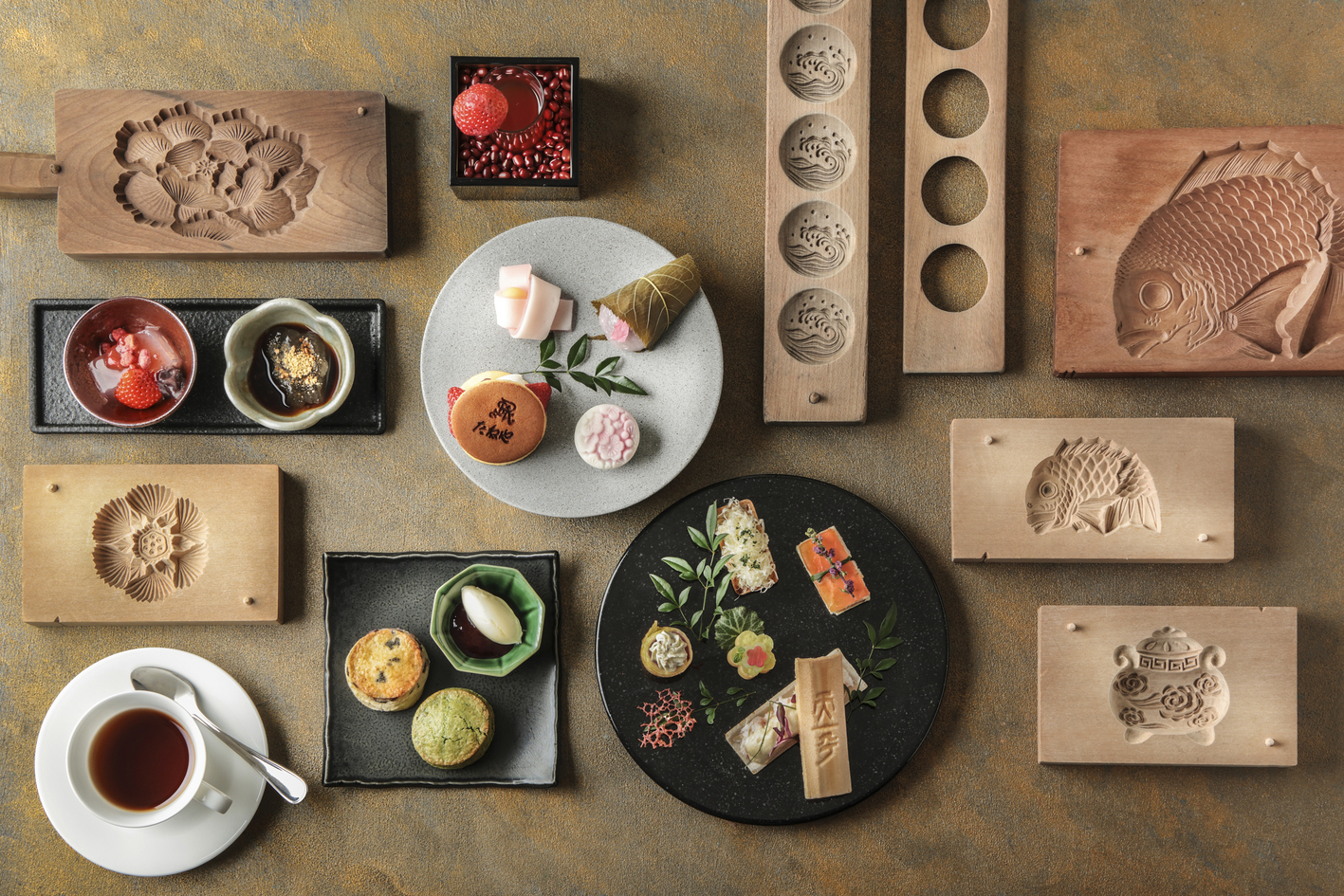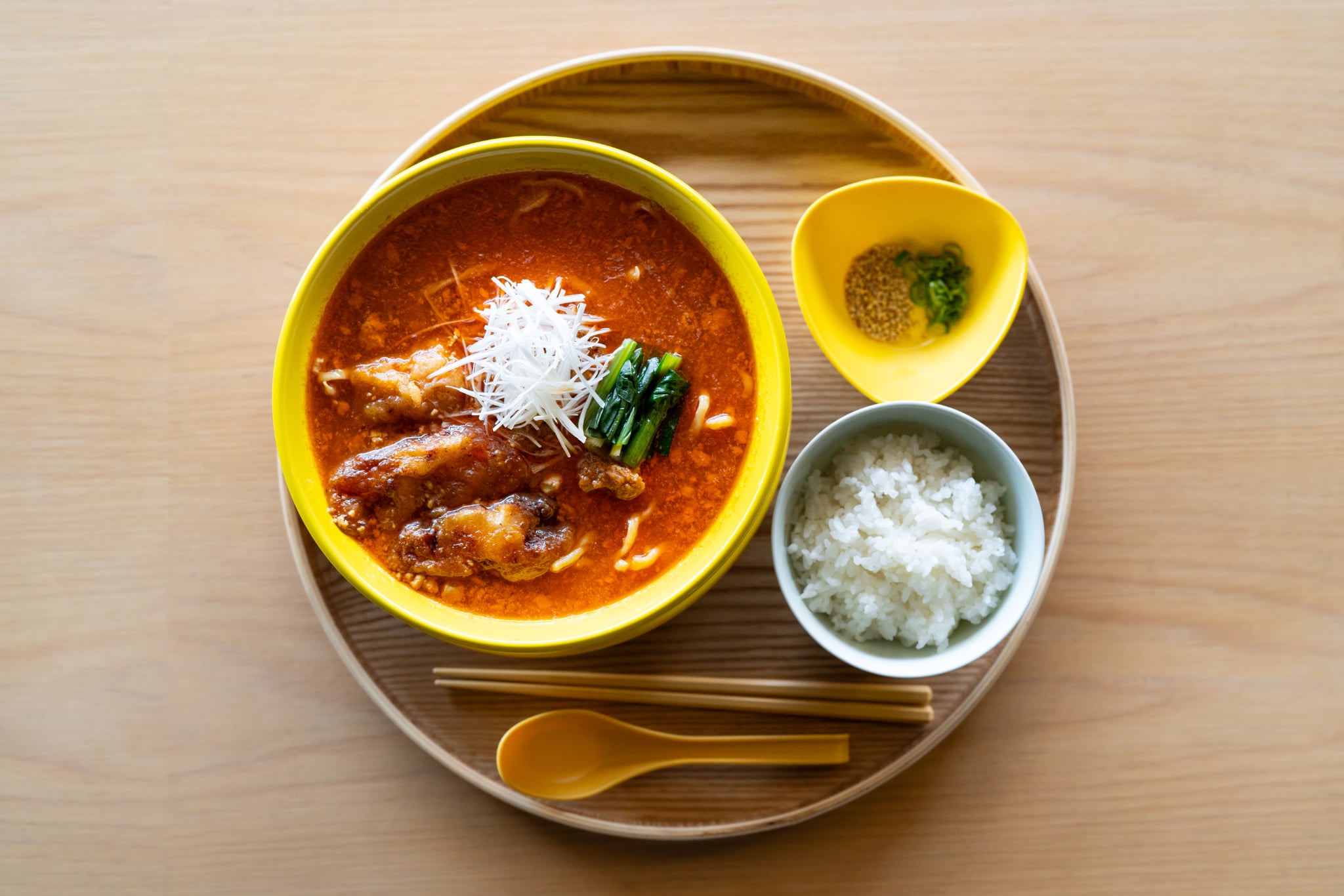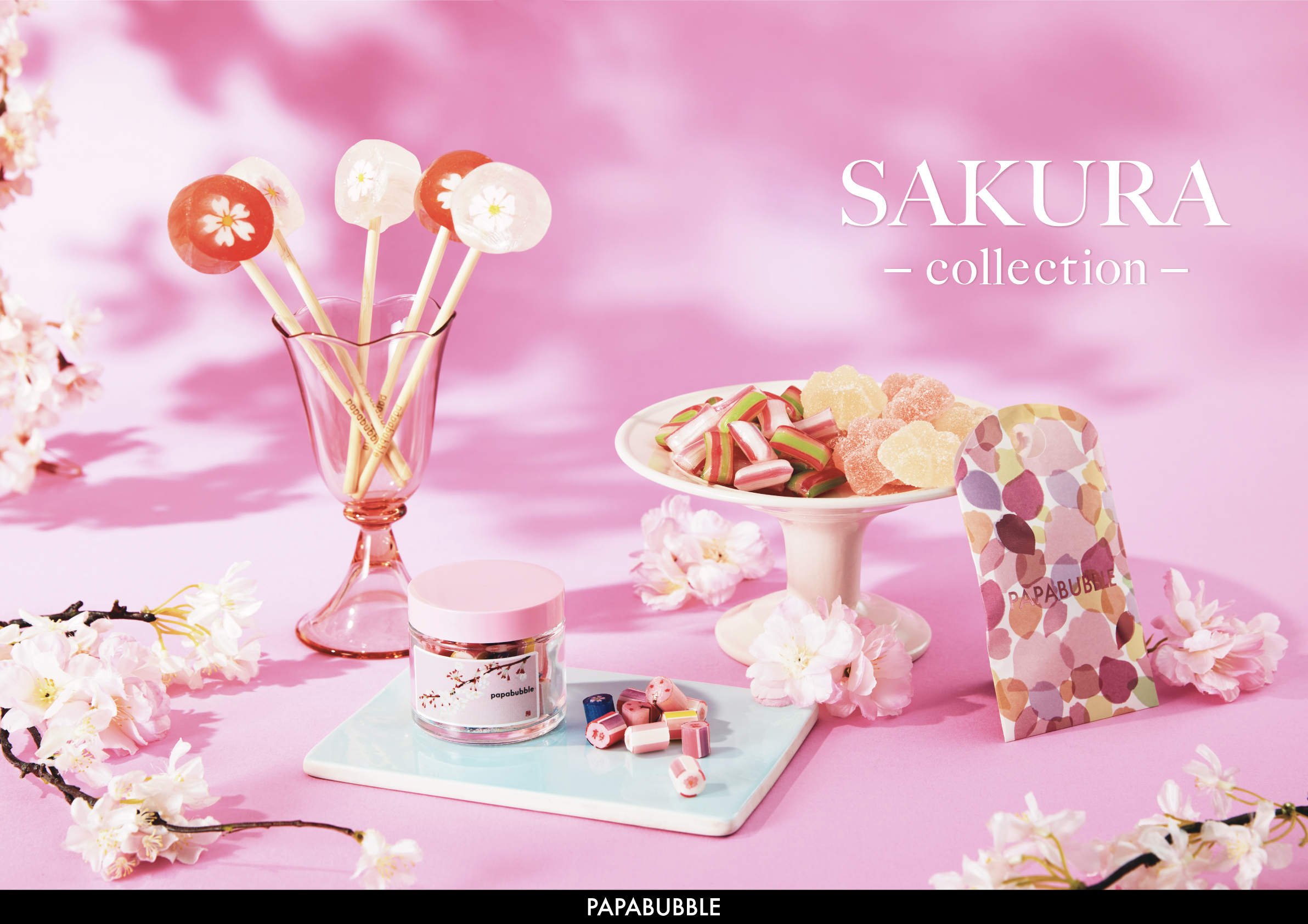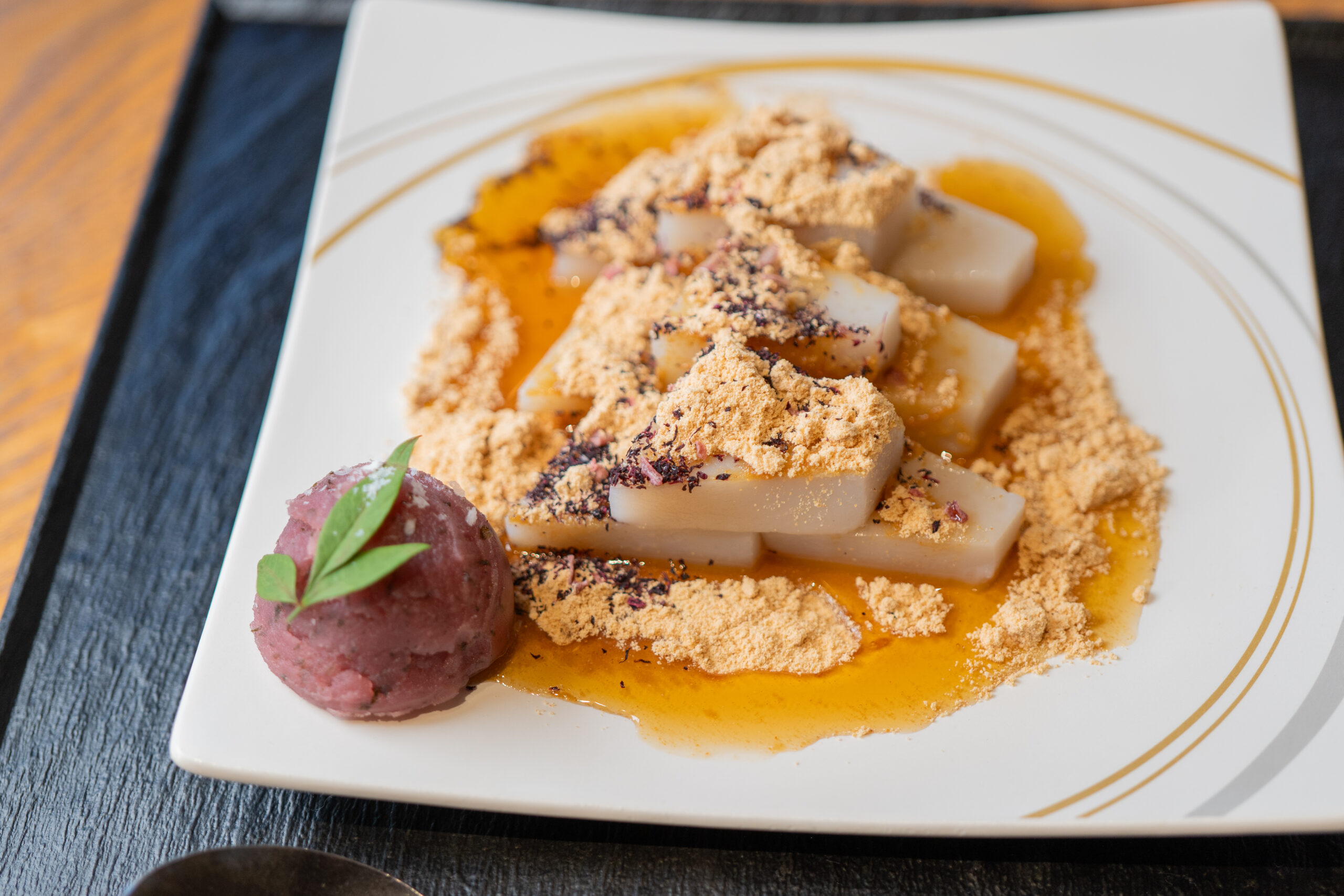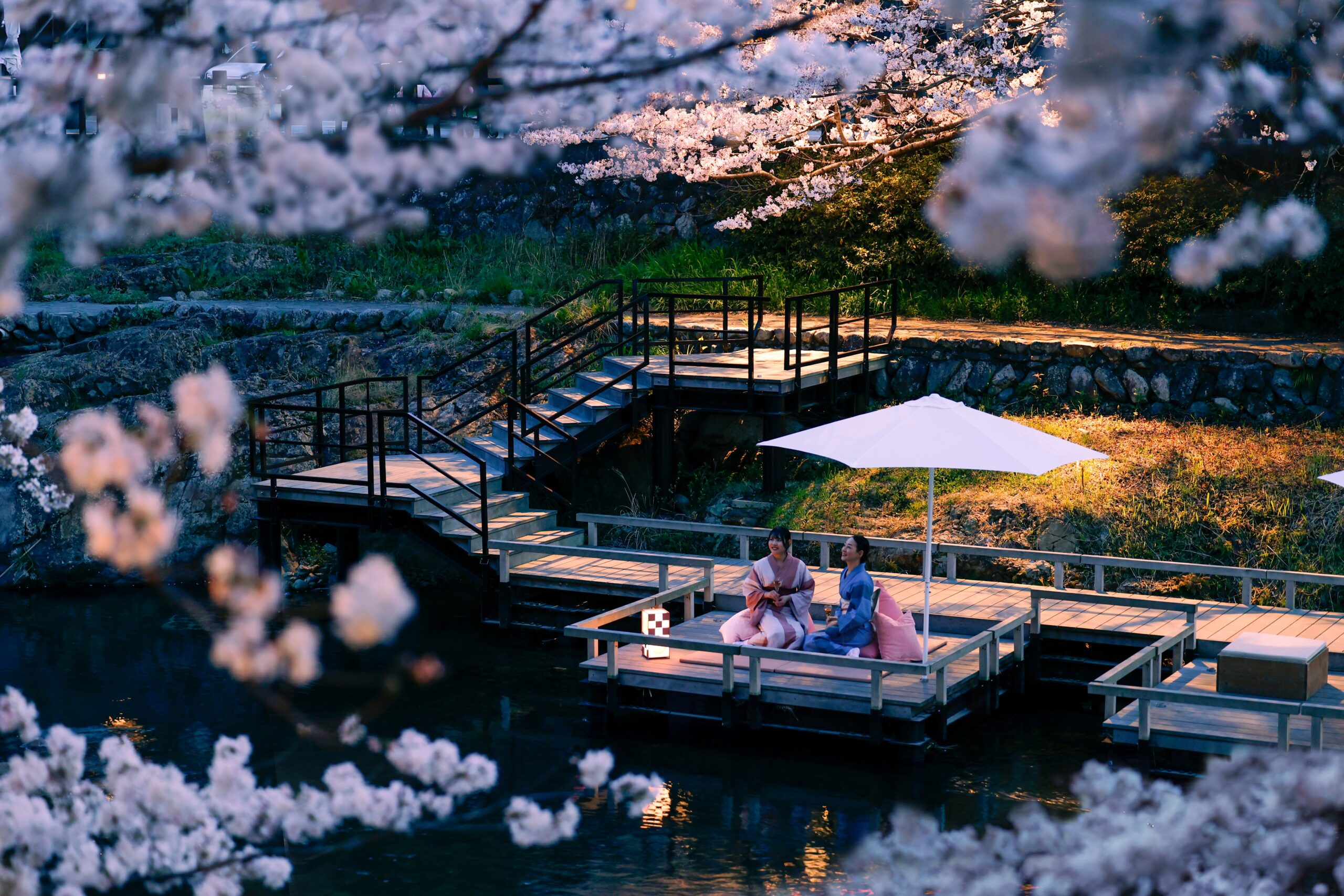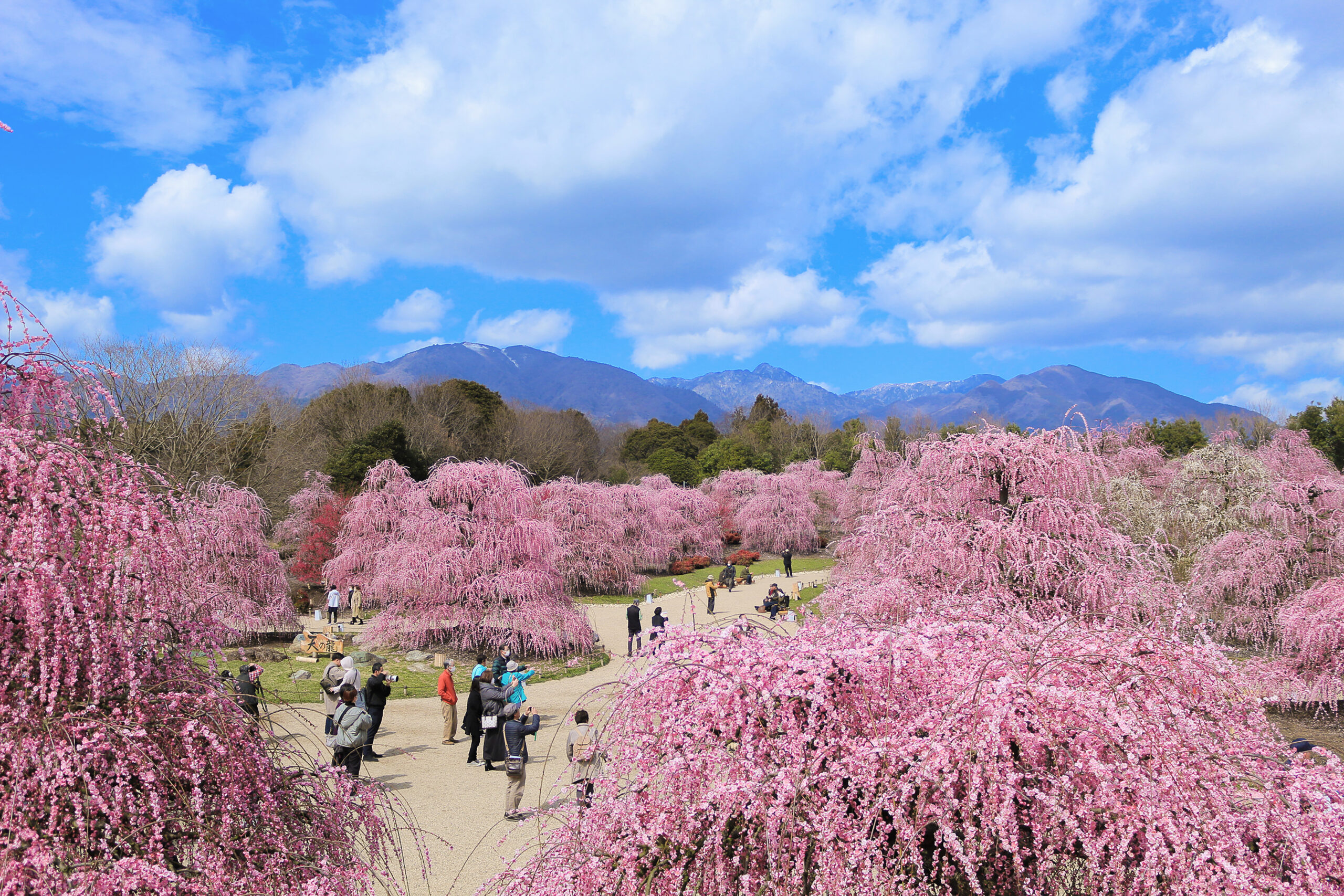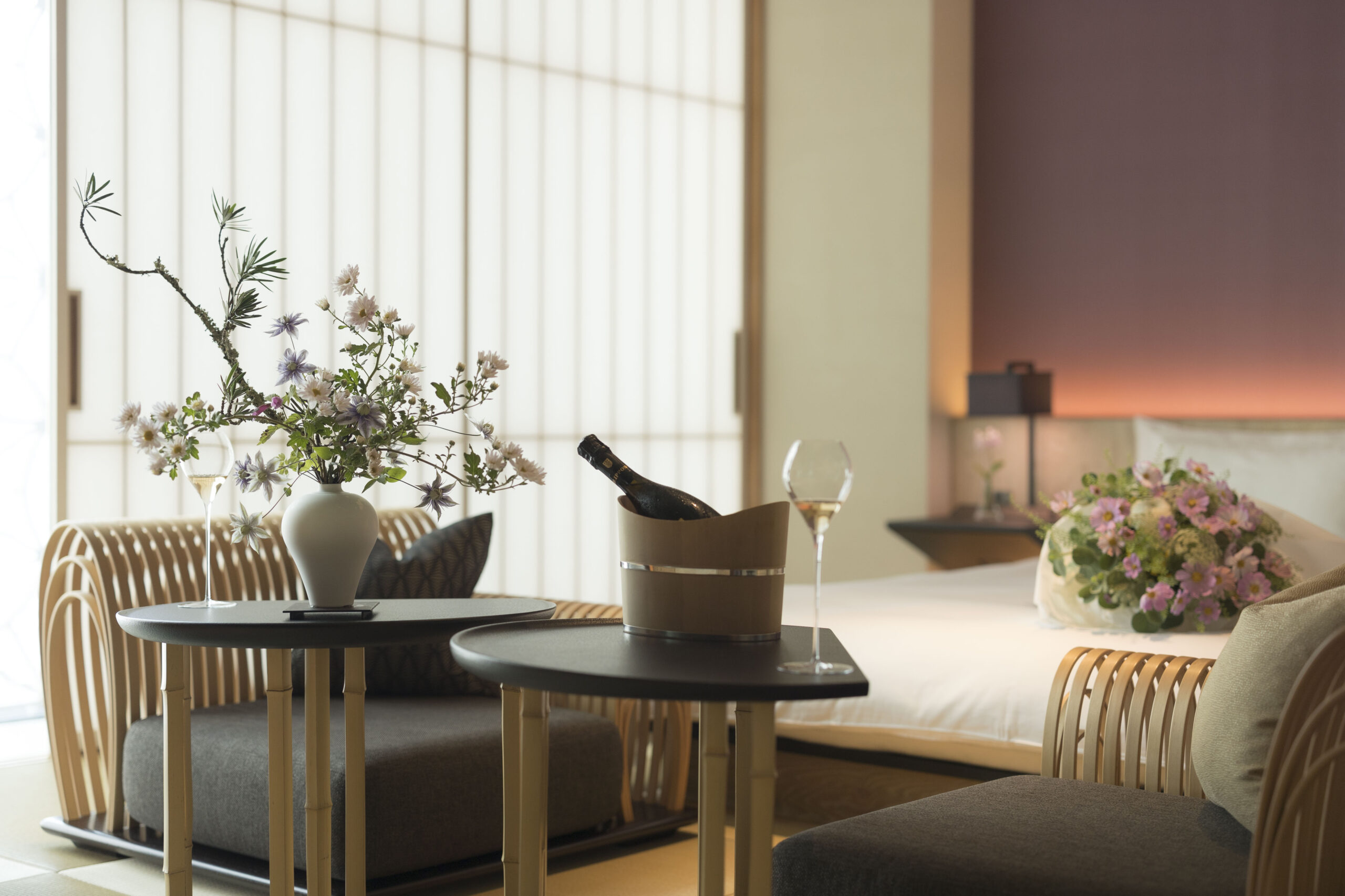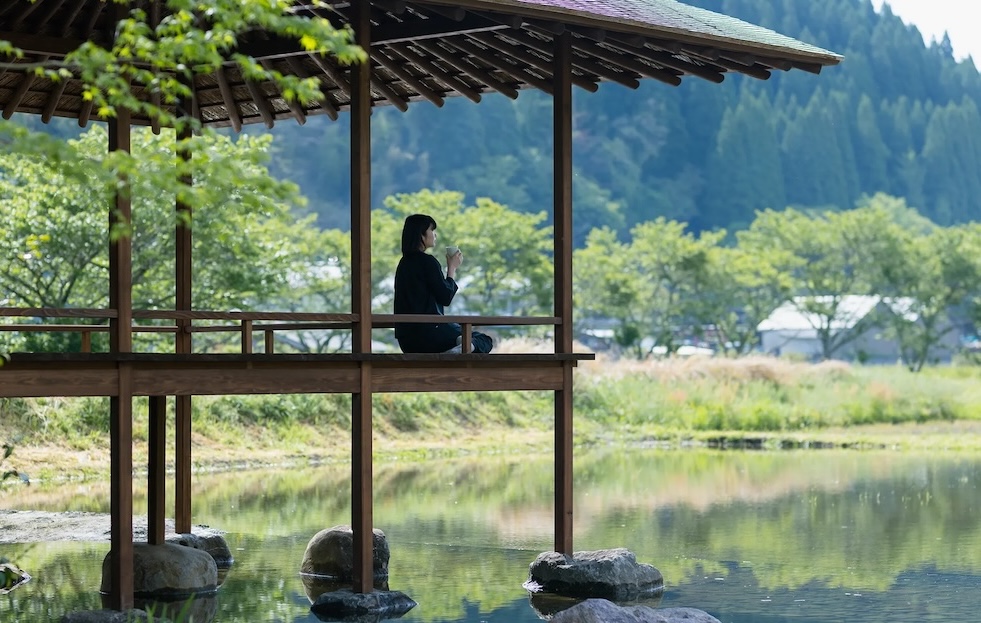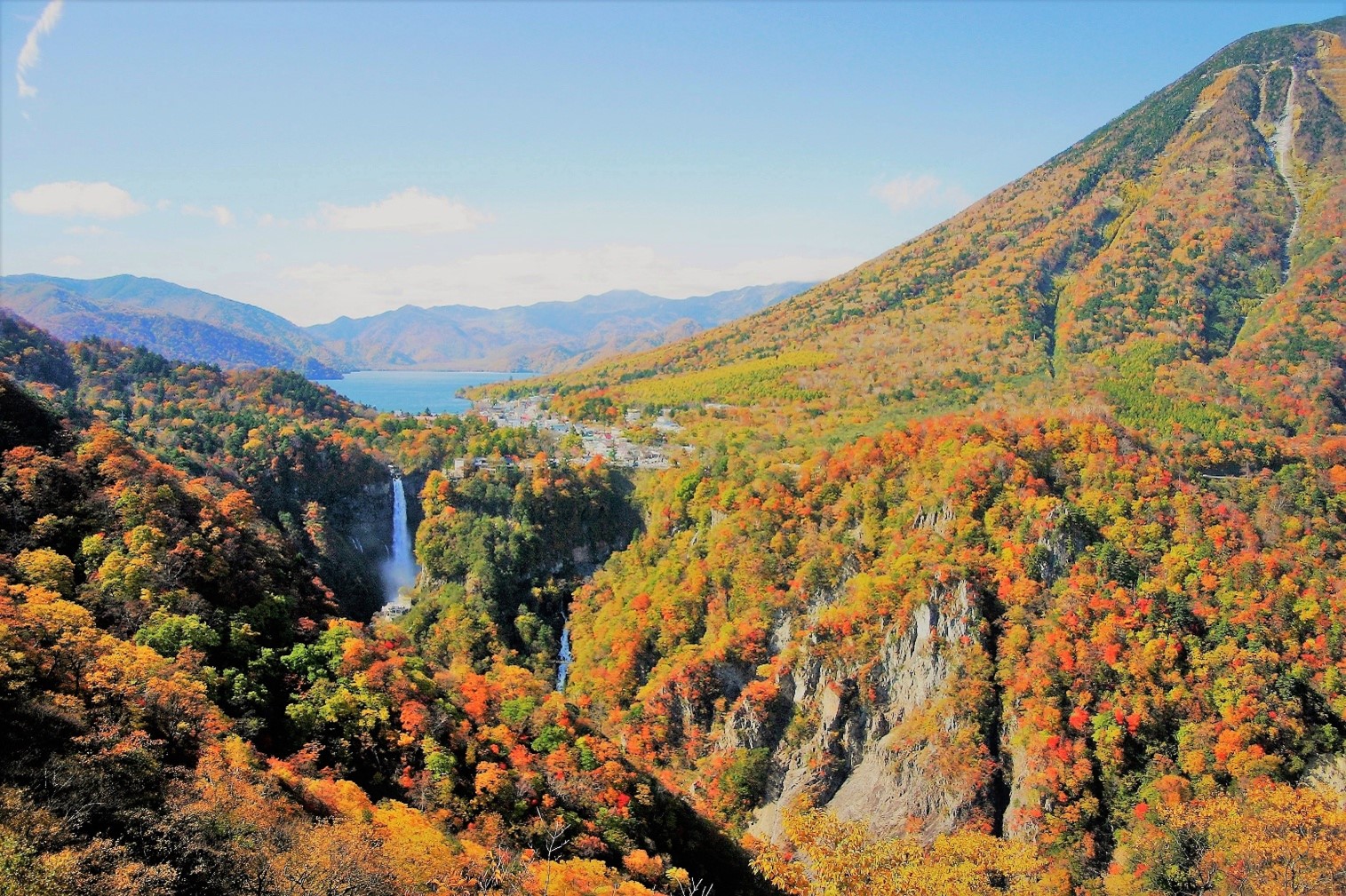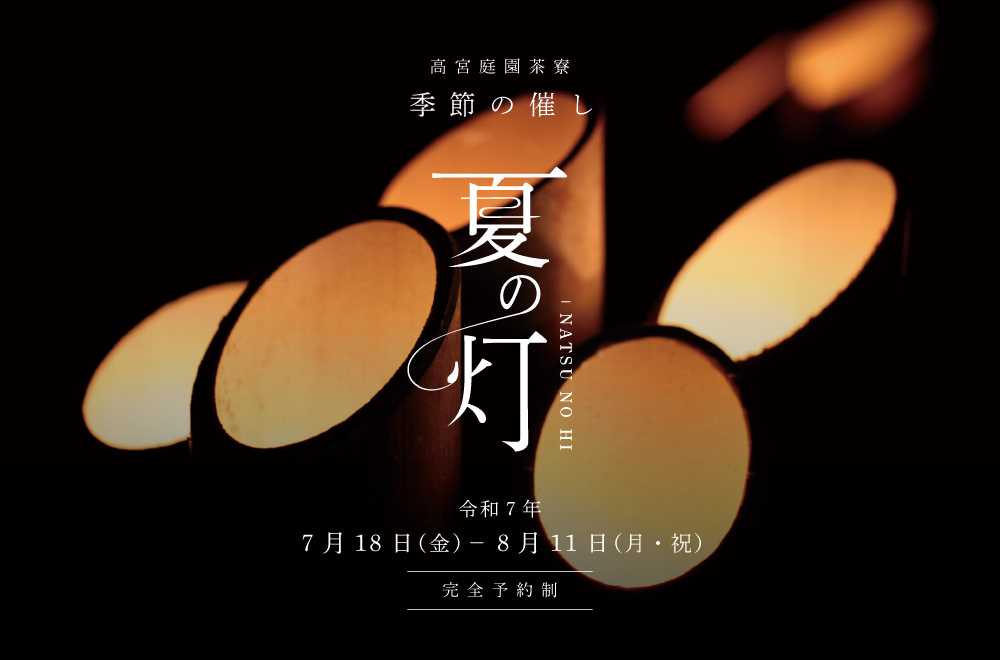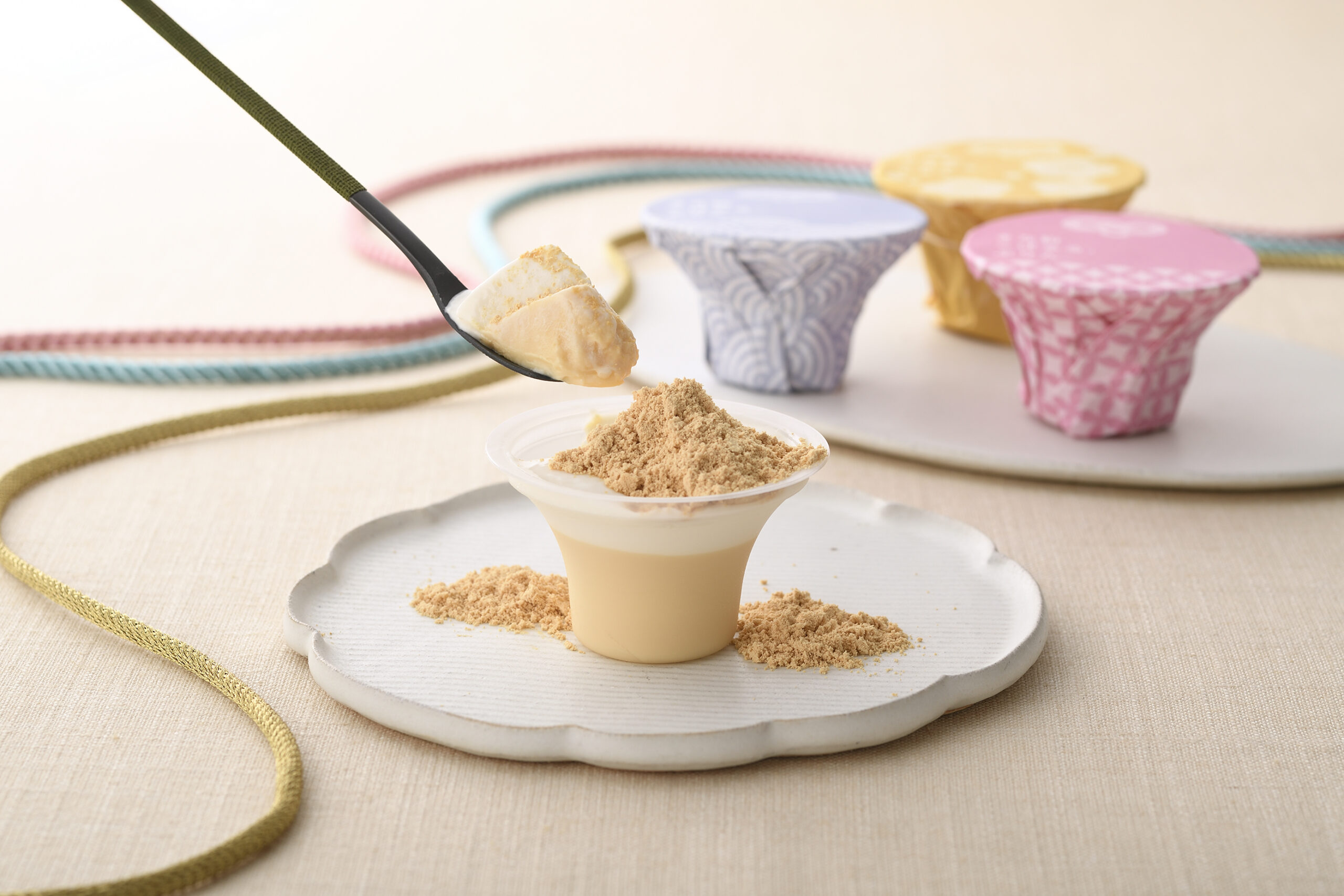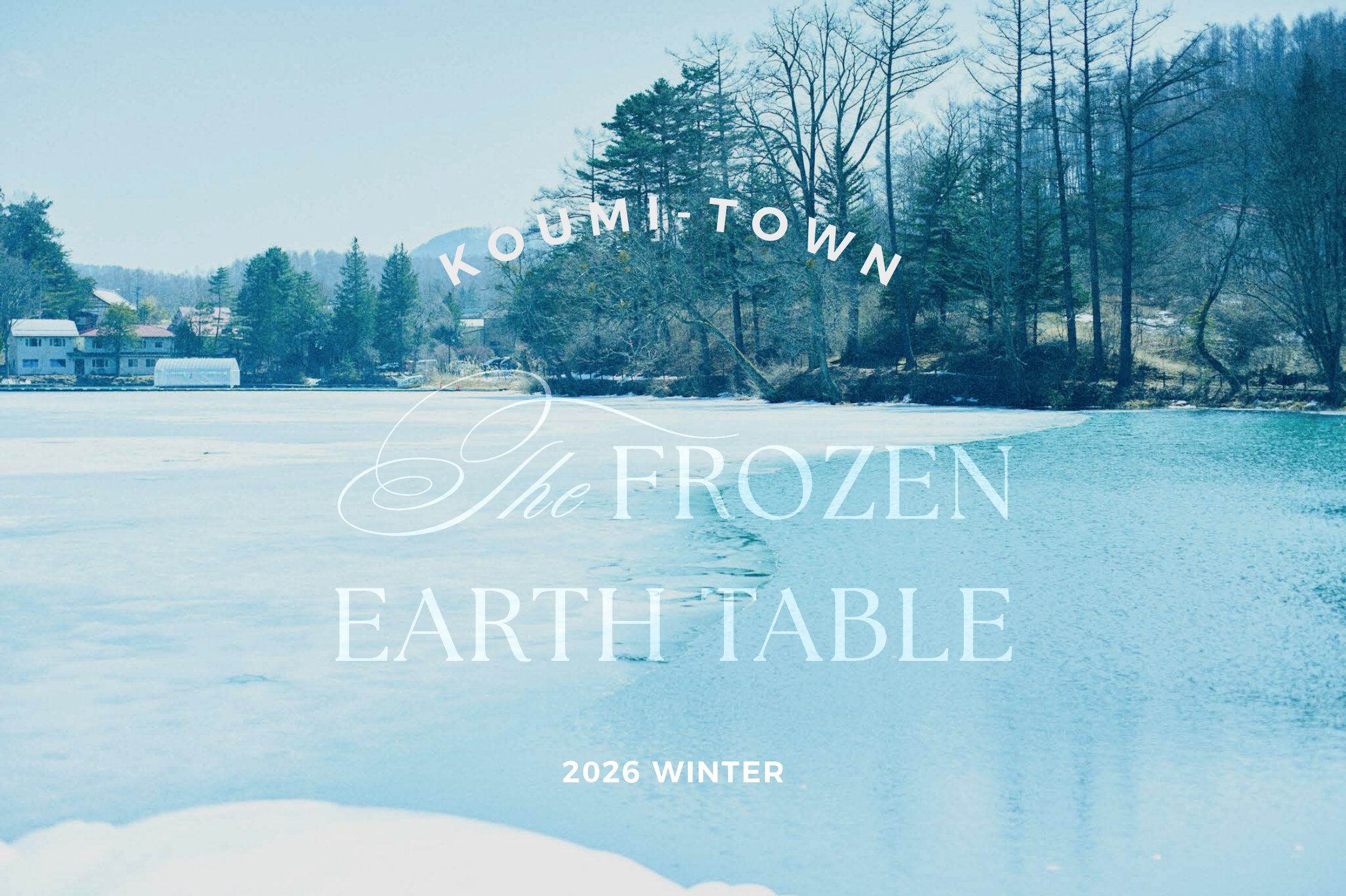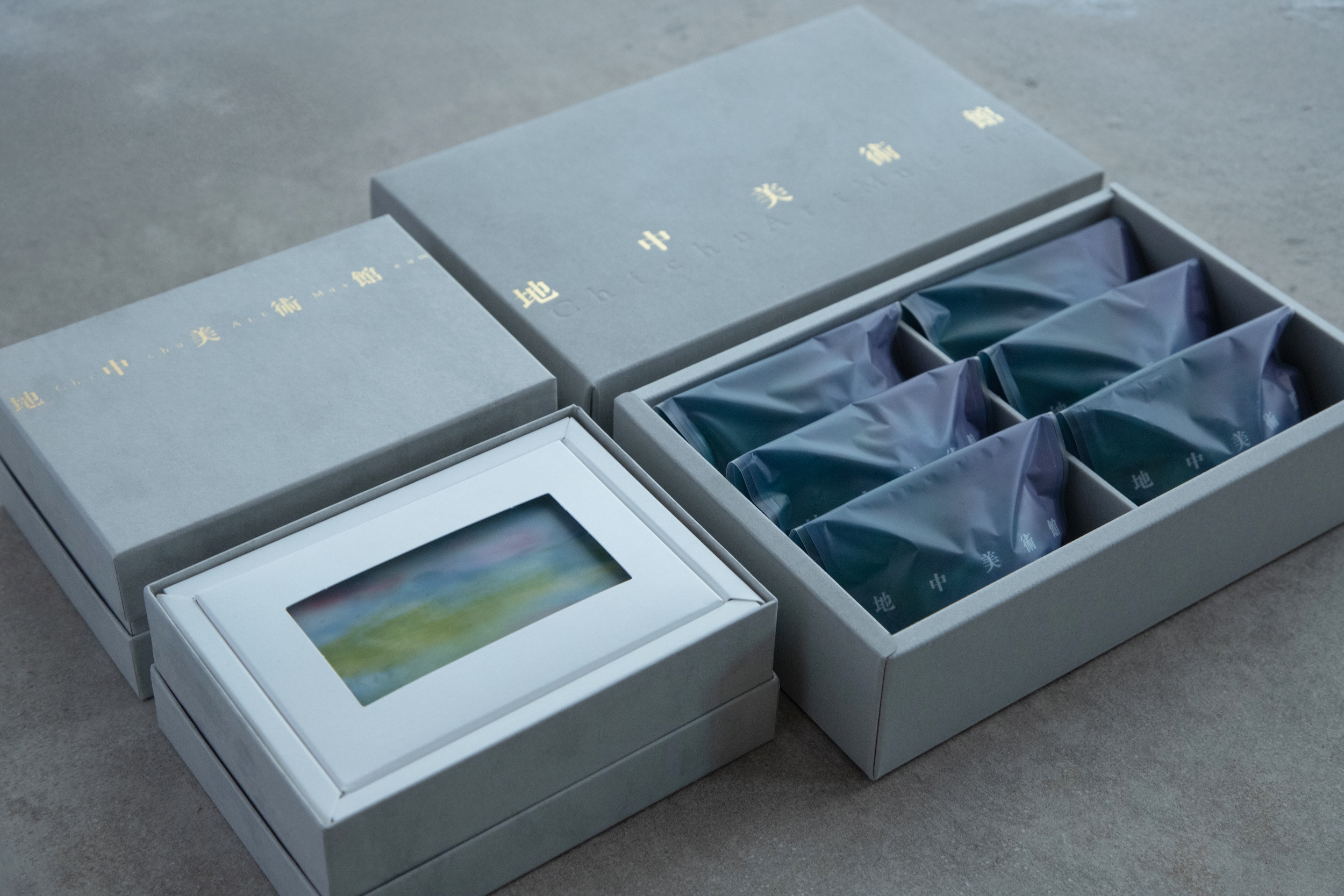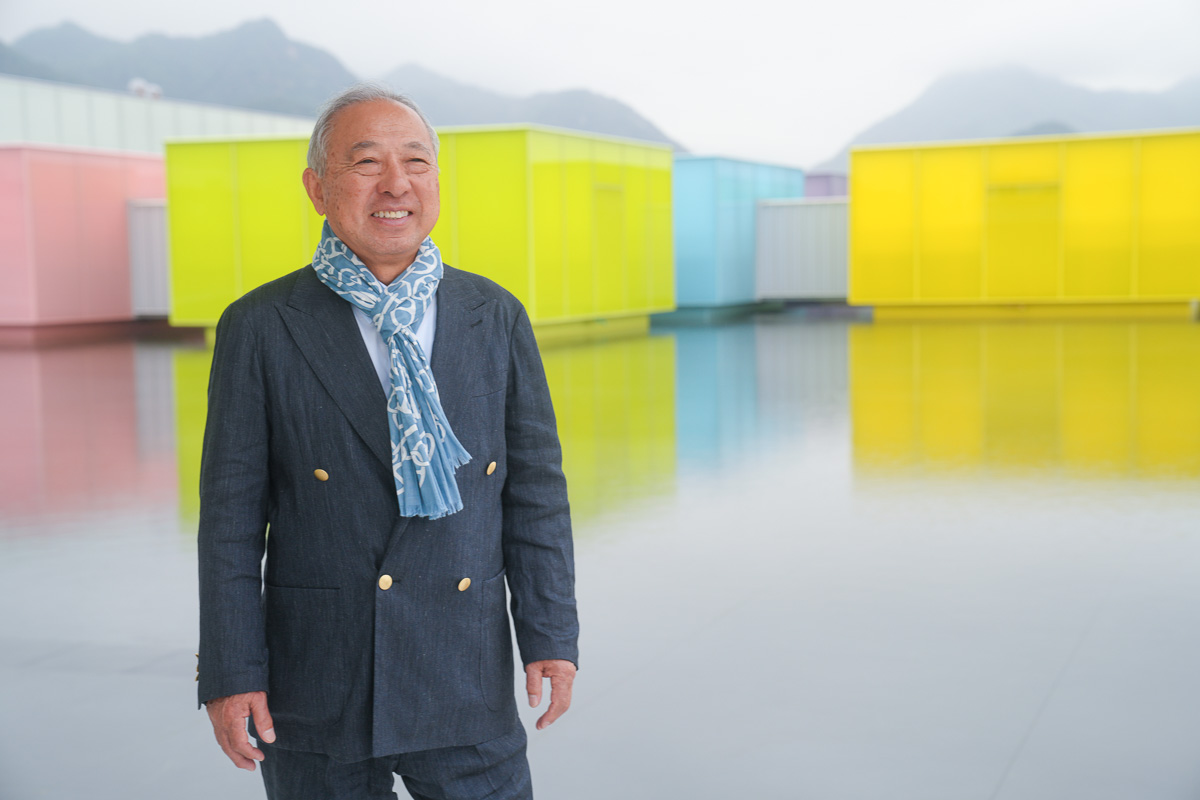“Chobei Imo” is a traditional variety of taro grown in Iwaki City, Fukushima Prefecture. In October 2019, a typhoon hit Iwaki City, causing many storms and heavy rains to damage many agricultural crops. Chobei Imo aims to increase the number of producers and cultivation areas in order to stabilize agriculture as natural disasters increase.
Mr. Nagatoshi Shiraishi, a farmer who produces vegetables and rice in Iwaki City, Shima Prefecture, and Mr. Shiraishi, the 8th generation of a family that has been in the family since the Edo period. After the Great East Japan Earthquake of 2011, we worked on revival of agriculture promptly in spite of reputation damage and realized the establishment of corporate association which led to local support, and increased the number of business partners before the disaster. A producer with experience contributing.
Last year was the year of typhoon damage nationwide, and Fukushima Prefecture was also severely damaged. Mr. Shiraishi’s field has many vegetables that cannot be harvested due to the storm or heavy rain, and the “Chobei Imo (Taro)”, which has been cultivated for many years, has no damage, and grows smoothly and can be shipped.
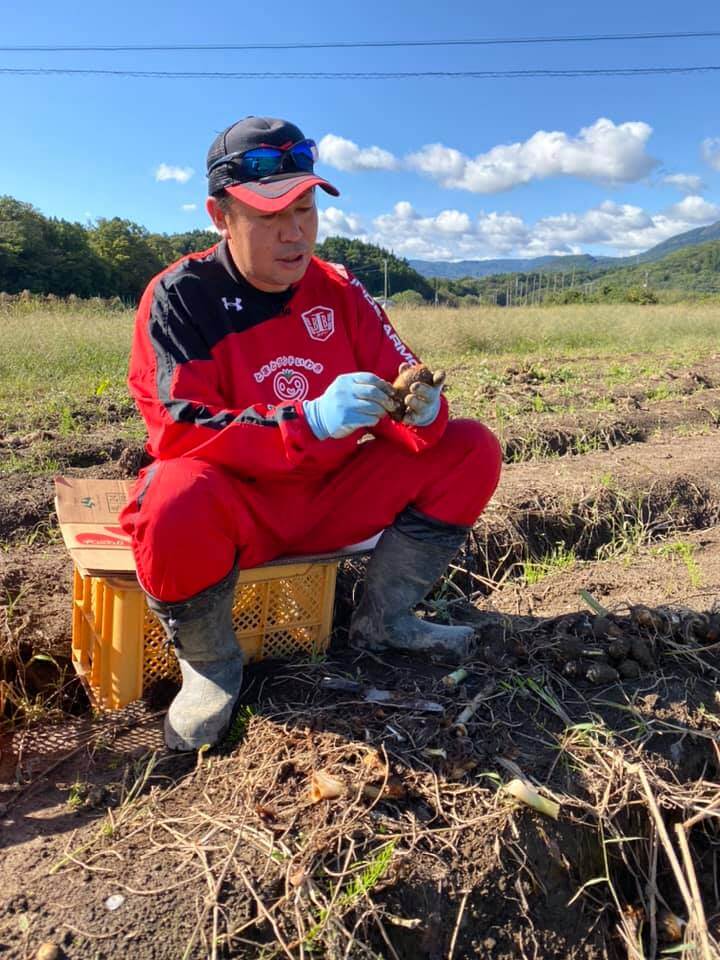
Producer Shiraishi
According to data from the Japan Meteorological Agency, the frequency of annual rainfall of 80 mm or more per hour is increasing year by year due to the effects of climate change, the frequency of typhoons and heavy rains is increasing, and damage to agricultural land is also increasing proportionally. Situation.
Last year’s typhoon caused severe damage throughout the country, including Fukushima Prefecture, due to the effects of the storm. Some farmers in Fukushima Prefecture had to close their long-standing agriculture business. Considering that natural disasters will increase in the future, cultivating vegetables with less impact on disasters is considered one of the measures to maintain stable agriculture.
“Chobei Imo” is a traditional variety of taro. Compared to general taro, the fruit is soft and sticky, and you can enjoy sweetness and thick flavor. Cultivation has been continued in Iwaki City for about 100 years.

